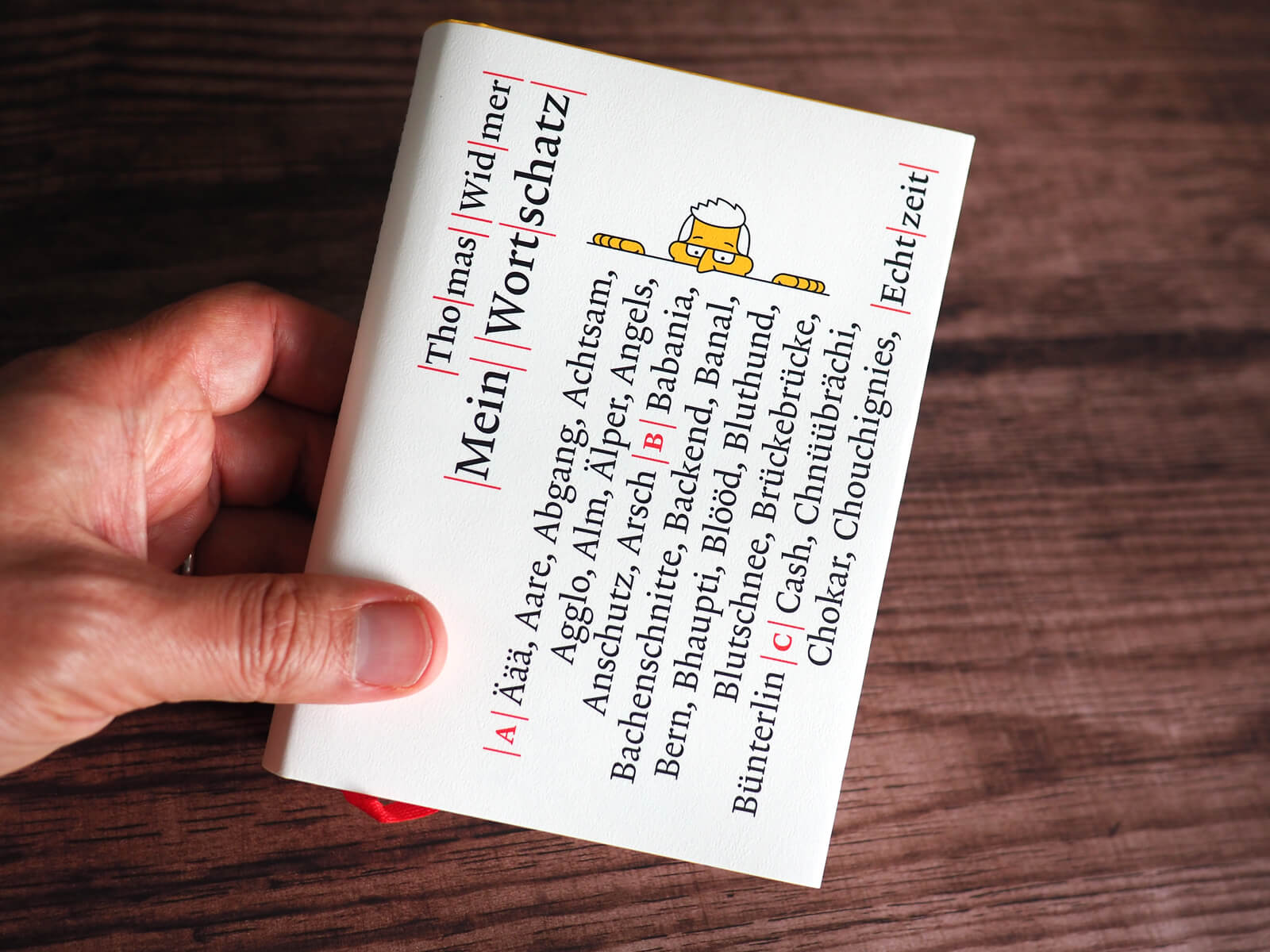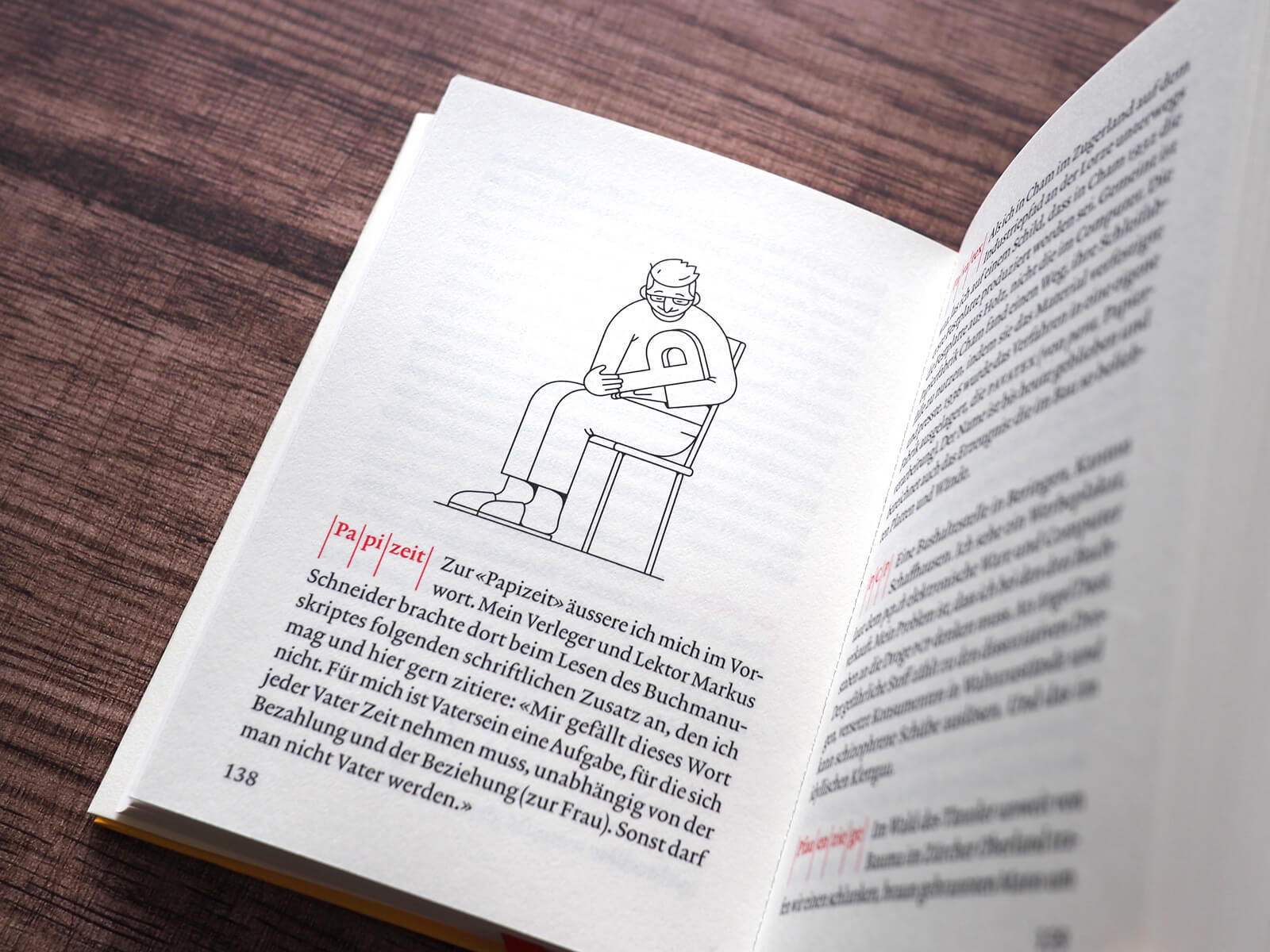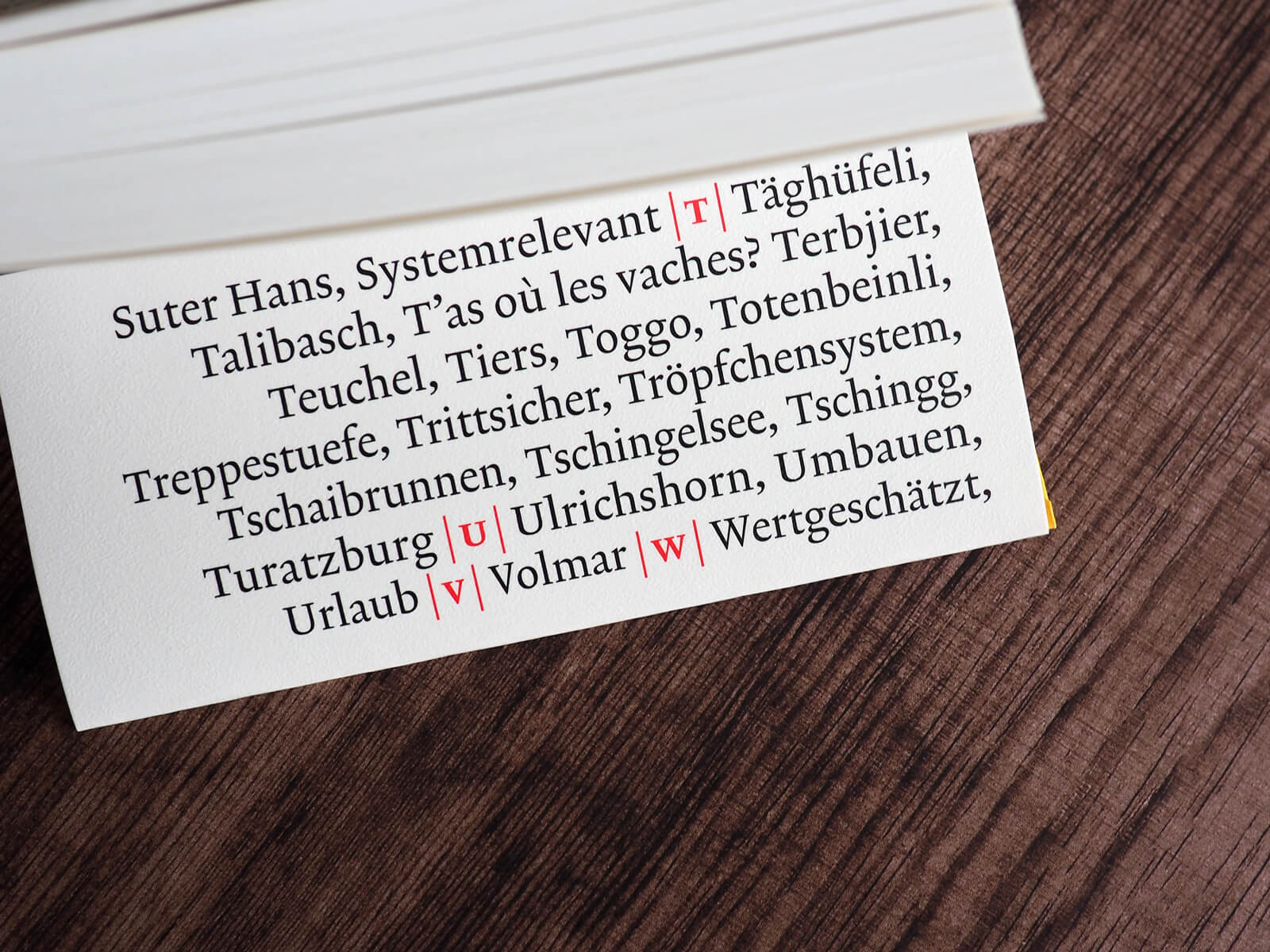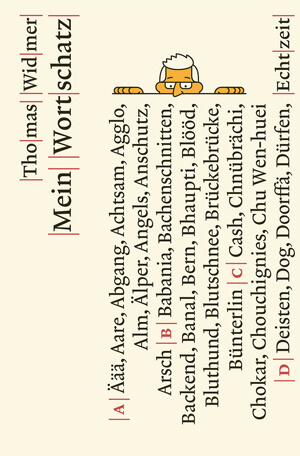
For someone who has never experienced the linguistic side of Switzerland, it must be impossible to fathom how a tiny country can be so diverse.
But in reality, almost every valley, mountainous area, or town in the flatlands has its own expressions. While the basis of Swiss German is the same wherever you go, the devil is in the details.
Naturally, there are local versions of many geographic terms such as rivers or towns. For instance, an out-of-towner might call Huttwil the same as the official spelling. But a local resident would call their town Huttu instead. Escholzmatt is Äschlismatt for locals, and Kehrsatz is really Chäsitz...
Meet Switzerland’s hiking guru
A former translator in the theater of war, Thomas Widmer is a regular contributor on Swiss customs. His favorite pastime (which he exercises frequently) is to hike across Switzerland. Along the way, Widmer’s curiosity as a journalist allows him to see all those precious details that many of us skip past.
And in his hiking columns, which I often clip out for my archives, or on his personal blog, Widmer recommends the types of routes that only locals would know about.
“Mein Wortschatz” by Thomas Widmer
While walking from one town to the next, Widmer has picked up at least 223 words that have sparked his curiosity. The title of his latest publication, Mein Wortschatz, translates loosely to “My Treasure Trove of Words.” And what a treasure this little book is!
Sure, the book may be pocket-size like his previous publication, Schweizer Wunder. But boy, the content between the book's covers is dense!
Neatly sorted by alphabet, Widmer defines each of the Swiss dialect words as you would expect from a thesaurus. But instead of a dry description, the author adds a personal note about why a term has sparked his interest.

Some words hit the zeitgeist, such as “Papizeit.” This recent expression, which literally means “dad’s time”, was pivotal in passing the nationwide referendum for government-mandated paternity leave.
Other words are descriptive of the Swiss psyche. Take “Höck”, a term which means something like “sit-down.” When the Swiss talk about going to a “Höck,” they likely mean going to a meeting. Not just to any meeting, however, but rather a gathering of their fellow club members. Be is a “Höck” of the local sports club or political party - this word truly is omnipresent across Switzerland and deserves a mention.
And finally, my favorite section of all: “Ziörjen.” Widmer describes that in the 12th century, things started to get confusing as too many people carried the same first names.
Hence, the Middle Ages brought about family names or last names. Widmer goes on to explain the meaning behind dozens of common Swiss family names. These are not even included in the count of 232 words, so consider them a bonus!
Here are just a few of the Swiss family names from the book:
- Brunner: the person who dug up a fountain or is in charge of maintaining a water hole.
- Fuchs: a redhead, a.k.a. a “fox.”
- Huber: someone who owned a farm (“Huobe”) with enough land to raise a family.
- Mörgeli: an early bird, derived from “Morgen” as in “morning”.
- Pfister: a baker, derived from the Latin word “pistor.”
Mein Wortschatz
The definitive collection of curious Swiss dialect words.
- 223 words - from Äää to Zebragagel
- Authored by Thomas Widmer, an authority on hiking in Switzerland
- Hardback, German, 264 pages




Add comment